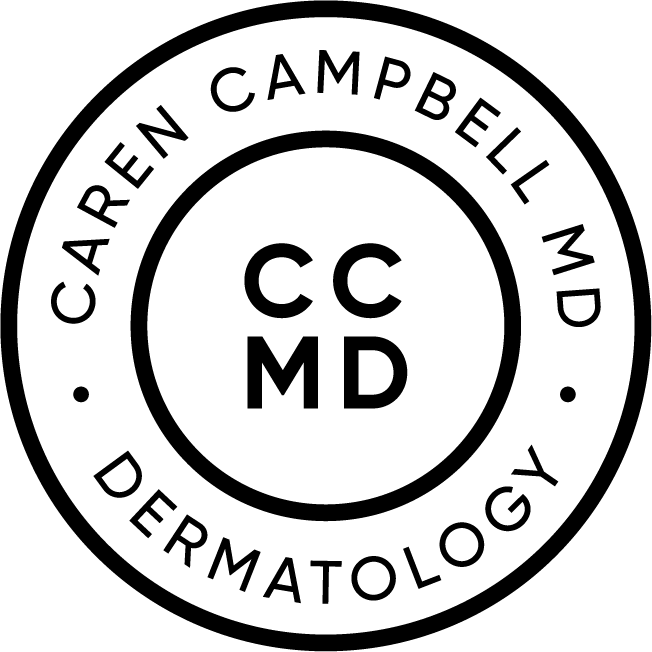Sexually Transmitted Infection
aka STDs or STI
How common are STDs?
Sexually Transmitted Diseases (aka STDs) are on the rise according to the CDC, with over 2 million cases of some of the most common STDs diagnosed over the last year and 110 million individuals having had an STD. Our practice believes in creating a safe, judgement-free space to receive evaluation, diagnosis and treatment for your sexual health concerns.
What is the most common STD?
According to the CDC, Human Papilloma Virus (aka HPV) is likely the most common STD. HPV can cause genital warts (aka condyloma) and over time malignant changes can occur causing possible cancers, like cervical cancer, of the involved skin.
How can you get HPV?
HPV is from skin-to-skin contact during close contact typically during sexual activity. The vast majority of people do not have symptoms of the virus and their own immune system fights off the infection. For some individuals HPV causes visible warts on the involved areas.
How can I treat genital warts?
There is no one treatment that is 100% effective at eradicating genital warts, but the goal of treatment is to eliminate visible warts and help boost the immune system so that the virus is cleared by the body.
Usually a combination of liquid nitrogen and a topical cream that helps boost the immune response to the warts is used by Dr. Campbell. Most patients need a series of treatments spaced about 3-6 weeks apart.
How do you treat molluscum?
Treatment options include doing nothing and observing the lesions over time, use of cantharidin (blistering beetle juice), curettage (gentle scraping with sterile metal instrument), and cryotherapy (freezing with liquid nitrogen).
How do you diagnose herpes?
A dermatologist can oftentimes look at skin lesions and determine if it is likely herpes. To confirm the diagnosis, a viral culture may be taken from a fresh blister on the skin and sent for testing. While blood tests are available to determine if you have been exposed to the herpes virus, many people are unaware they carry the virus as they have not had a noticeable outbreak on their skin. You should discuss with you doctor if testing for the virus via a blood test is appropriate for you.
How do you treat herpes?
While you can’t cure herpes simplex virus 1 and 2, you can prevent or reduce the incidence of outbreak and transmission by taking an anti-viral medication like valacyclovir (Valtrex) and avoiding intimate contact during an active outbreak.
How do I know if I have an STD?
Common symptoms can include small bumps or growths on the genitalia or surrounding skin that may or may not be symptomatic or painful. Many STDs are undetectable and safe sex practices are ideal to help prevent transmission of possible STDs.

